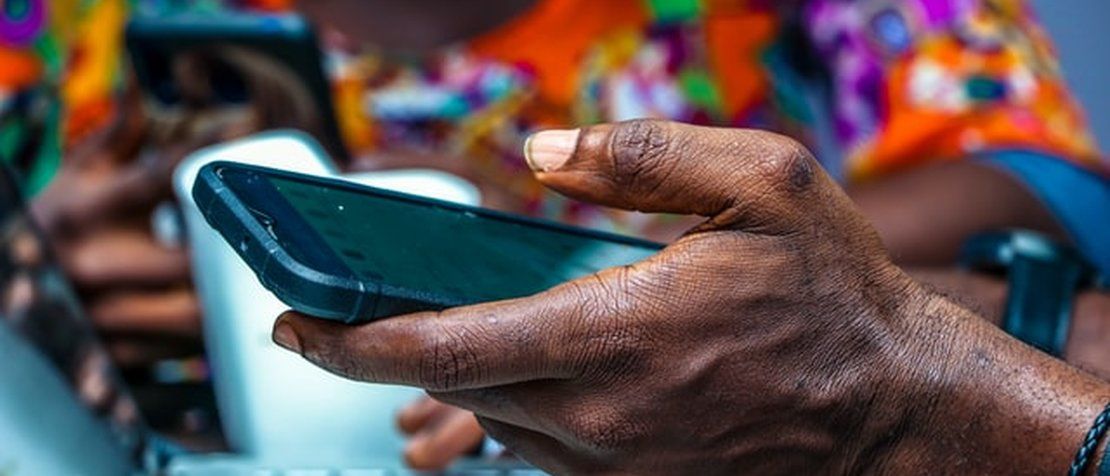
Reducing digital exclusion: Africa’s roadmap towards WRC-23
*The following article has been adapted from the opening remarks I delivered at the 1st African Telecommunications Union (ATU) Preparatory Meeting for the World Radiocommunication Conference 2023 (WRC-23). The World Radiocommunication Conference (WRC-19) was a resounding success. It was one of the biggest conferences the Radiocommunication Bureau has ever had, with over 3,400 participants representing 163 Member States and 129 organizations. The Conference updated the Radio Regulations and opened the path for the introduction of new technologies such as IMT-2020 or 5G, high-altitude platforms, and large constellations of non-geostationary orbit satellites. At the same time, protecting the continued operation of existing services remains a foundational requirement in international regulation of the radio spectrum. The outcomes of WRC-19 will accelerate the digital transformation of economies and industries and the digital inclusion of millions of people throughout the world. Building on WR9-19 successes None of these achievements would have been possible without the contribution of various Regional Groups. Reaching consensus for updating the international treaty that governs the use of radio-frequency spectrum and satellite orbits takes time and effort. It requires a thorough preparatory process followed by serious negotiations during the conference. The Regional Groups play a key role towards building the global consensus needed for decision-making at the Conference. With a new cycle ahead of us, the preparations for WRC-23 have already begun. The ITU Radiocommunication Sector (ITU-R) Study Groups and their Working Parties have begun to organize their work programs and initiate their studies using an online platform for remote participation. ITU-R goes virtual: participation more than doubles Virtual meetings have given many people who otherwise would not have been able to participate in ITU-R meetings the ability to take part in the discussions. Statistics show that on average, participation in the ITU-R meetings has more than doubled with virtual sessions compared to physical ones. We are now working to improve virtual offline discussions to complement progress achieved through formal online sessions. Online platforms have also allowed ITU-R Study Groups to keep on track with their work. For example, WP 5D has recently finalized its meeting and is aiming to deliver IMT-2020 specifications by November, as originally planned. Even the Radiocommunication Advisory Group was held virtually for the first time. Africa Region achievements at WRC-19 and beyond The Chairman of the RAG, Mr. Daniel Obam, has always represented Africa with the highest standards. I applaud the initiative of the ATU to convene last month’s preparatory meeting virtually, officially beginning Africa’s Regional preparations for WRC-23. I encourage African Administrations to follow the guidance of the Gender Declaration approved during WRC-19, towards supporting greater participation of women in the national, regional and international processes for WRC-23. The Region is fortunate to have several female role models to look up to, so I am sure that it will succeed in this challenge as well. The coordinated action of the African group during WRC-19 aimed at ensuring a successful resolution of agenda item 1.4. The adoption of Resolution 559 offers a one-time opportunity for countries having degraded resources in the broadcasting-satellite service (BSS) plan to regain a better reference situation. I am carefully following the implementation of this Resolution, making sure that all necessary resources are devoted to such activities and ensuring the Bureau provides all possible assistance to requesting Administrations. Following up on Resolution 559 Early this year, a team of four Radiocommunication Bureau experts attended the ATU workshop on this topic. I was very pleased to note the positive outcome of their participation when informed that all African countries submitted their requests. At its recent meeting, the Radio Regulations Board considered and made special accommodations, consistent with their mandate, to extend the benefits envisioned by Resolution 559 to a few countries that would otherwise not been able to find suitable positions within the orbital arc under the provisions of this resolution, given their particular circumstances or geographical situation. Additionally, and consistent with WRC-19’s intentions, the Board instructed the Bureau to implement safeguarding measures to ensure no countries saw their EPM reference situation degrade as a result of others’ submissions under Resolution 559. These activities do not complete the implementation of Resolution 559. The Bureau is will soon process and publish all the submissions, so that the next phase of determining the final characteristics for inclusion in the List can be initiated. Another ATU workshop could prove useful to continue the regional coordination on this topic. BR looks forward to providing additional assistance to make that possible. We anticipate that the final implementation of Resolution 559 will be an ongoing topic of discussion in the run up to WRC-23, where the final inclusion of Resolution 559 submissions in the BSS Plan. Plans for action: Reducing digital exclusion and introducing digital sound broadcasting During these difficult times of the COVID-19 pandemic, we have seen how truly vital digital technologies have become for economies, societies, and individuals around the world. Digital exclusion can prevent people from working, studying, and even accessing basic health information. The COVID-19 Action Plan will make sure radiocommunications are used to their fullest potential, and in order to reduce digital exclusion in Africa. In addition, the ATU Strategic Plan aims to introduce digital sound broadcasting in Africa. This is a joint initiative of the ATU and ITU to optimize the plan that regulates the use of FM sound broadcasting stations in Africa: the GE84 Plan. The Radiocommunication Bureau has developed software for the plan optimization and will be providing necessary technical and regulatory assistance for its implementation. This month, we will begin providing technical training for African broadcasters. ITU has been working closely with the African countries to support the deployment and expansion of both satellite and terrestrial systems in Africa. We stand ready to continue providing assistance in radiocommunication-related matters, and to support the Region throughout the study period in the preparation for WRC-23.
Image credit: Olumide Bamgbelu via Unsplash.
